The koothu master
Annaviyar Arasaratnam
Seventy-five year old Batticaloan Annaviyar Arasaratnam is a koothu master. Hailing from Karavetti, he knows over twenty different koothus. He talks about the history and different styles of this ancient art form and his struggle to keep this traditional Tamil theatre alive today.


Transcript and translations
Language
Subjects discussed
Both my grandfather and father were annaviyars
My mother’s father. My father’s father, my father, his brother, my other uncle… All of them taught me this art. Then following their lead, I started to teach koothu myself. I know about 20 or 25 koothus.
After a few rehearsals, we’d perform a koothu. Once it is performed, it will play for 5 or 6 performance. Then again during the temple festivals. They could come and ask us. It continues like that.
For any koothu, the kattiyakaran would be the first to come on and announce, “we are going to start the show”. “Everybody be quiet. Please sit down and enjoy the show. The king of kings. The elegant king. The proud King. The brave king with the food heart. The king of fairness. He’s going to come to this stage along with his brothers. All of you stay quiet and enjoy the show.” The kattiyakaran would then leave, the performers would come on and the koothu would begin.
In those days, when my grandfather was performing a koothu, there were no cinemas.
There was only koothu. And koothu was very popular at that time. Today, because of the cinemas, people don’t like koothu as much. Because of that, the koothu tradition is disappearing.
If we are preparing for a koothu in our village, I would take only artists from here. On the first day we would go to the temple, the Ganesh temple of the village. I’d ask people to read the script one by one. I would then judge their voices based on those readings. I’d decide whether that person should take one a female role or the person could be a king. Or a minister. If the person is quite energetic, then he might be right for the role of a servant. Now I cannot train people by myself. I getting too old for this.
These days I teach at the school. It’s just two or three hours away, so it’s all right. I have to teach the others. They need to learn. In such a way that they can take it into the future. I haven’t just trained them to perform, but also to teach others.
I don’t want this tradition to disappear. That’s why I’m teaching the school children.
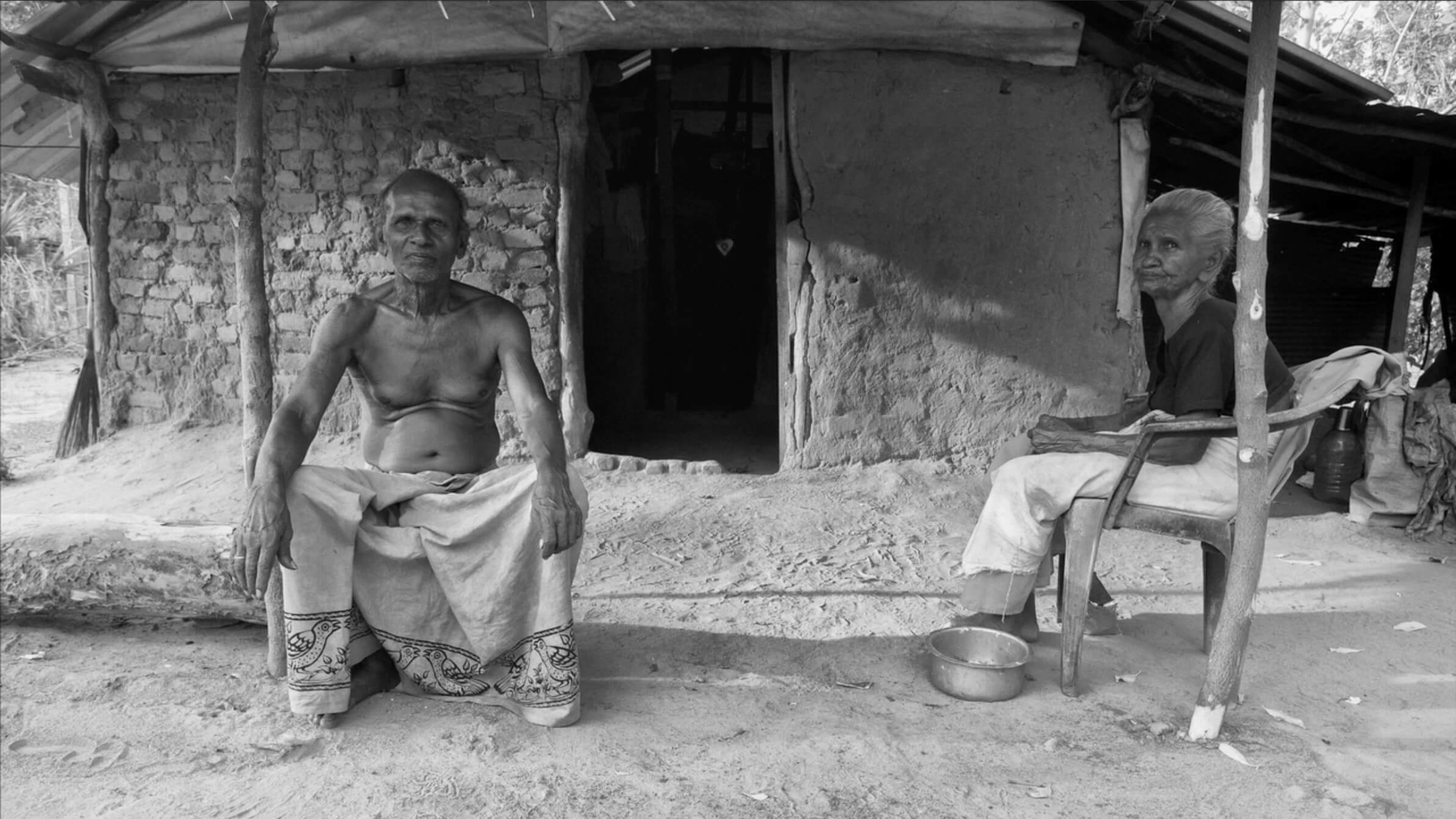
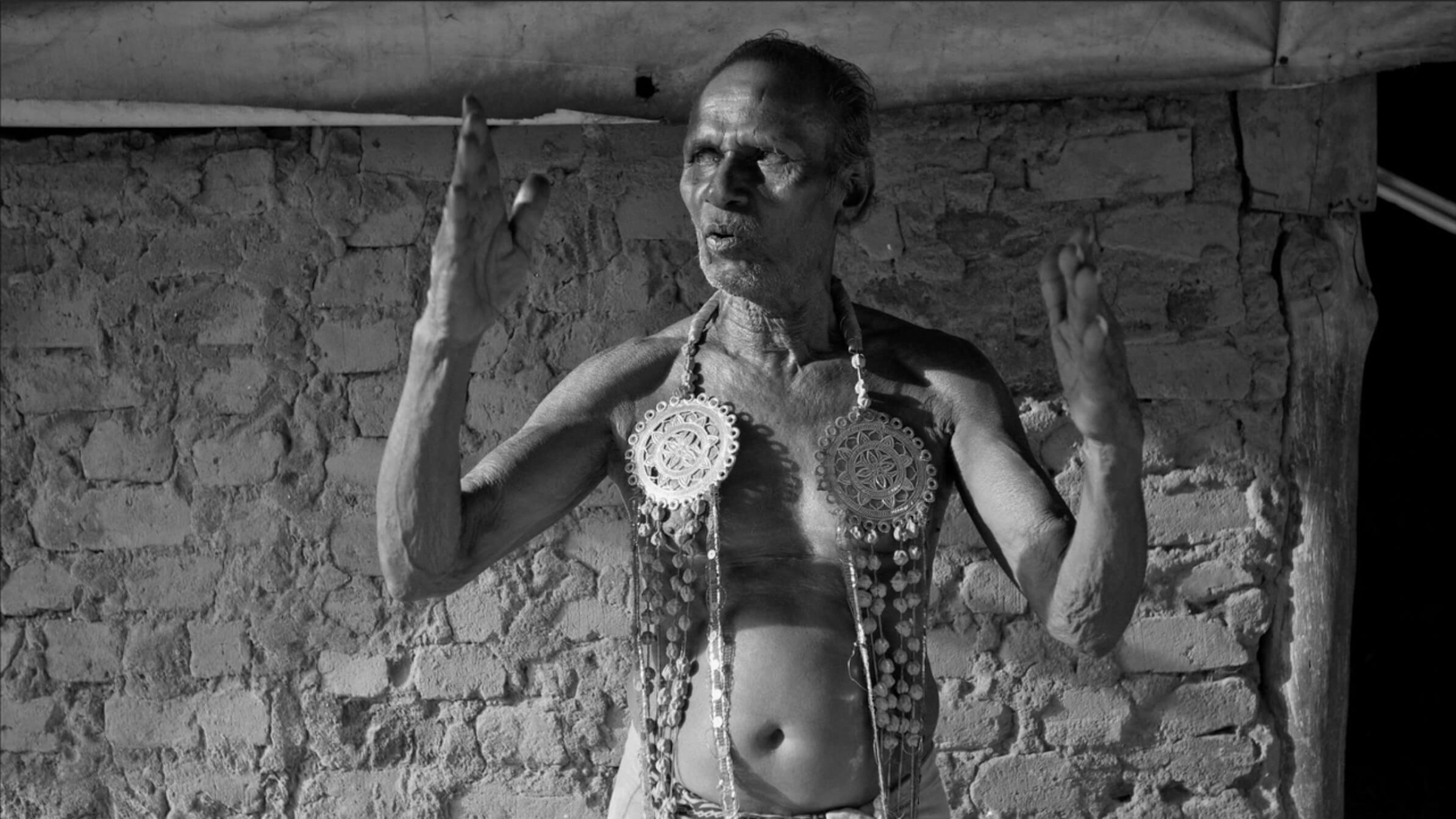

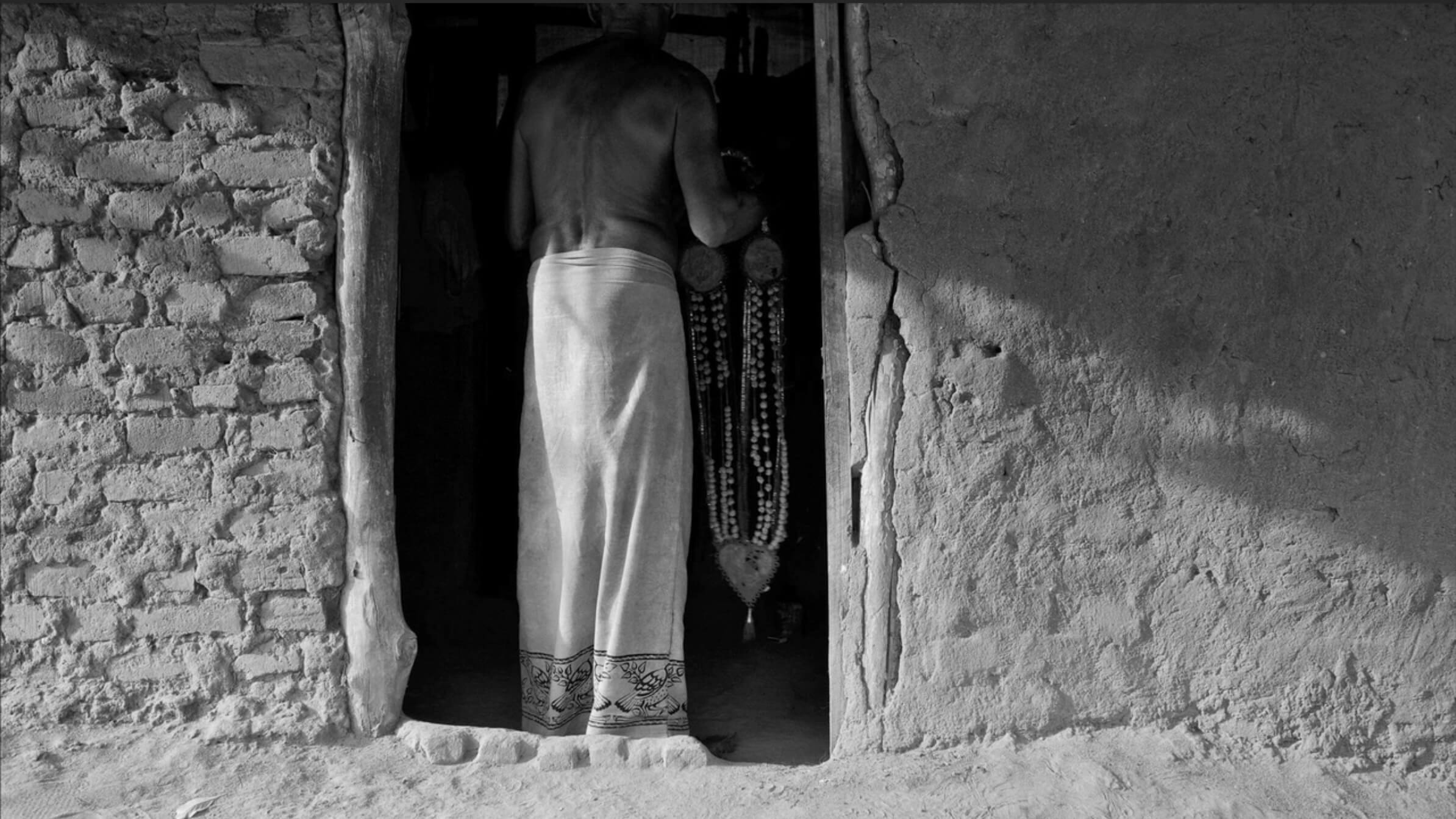

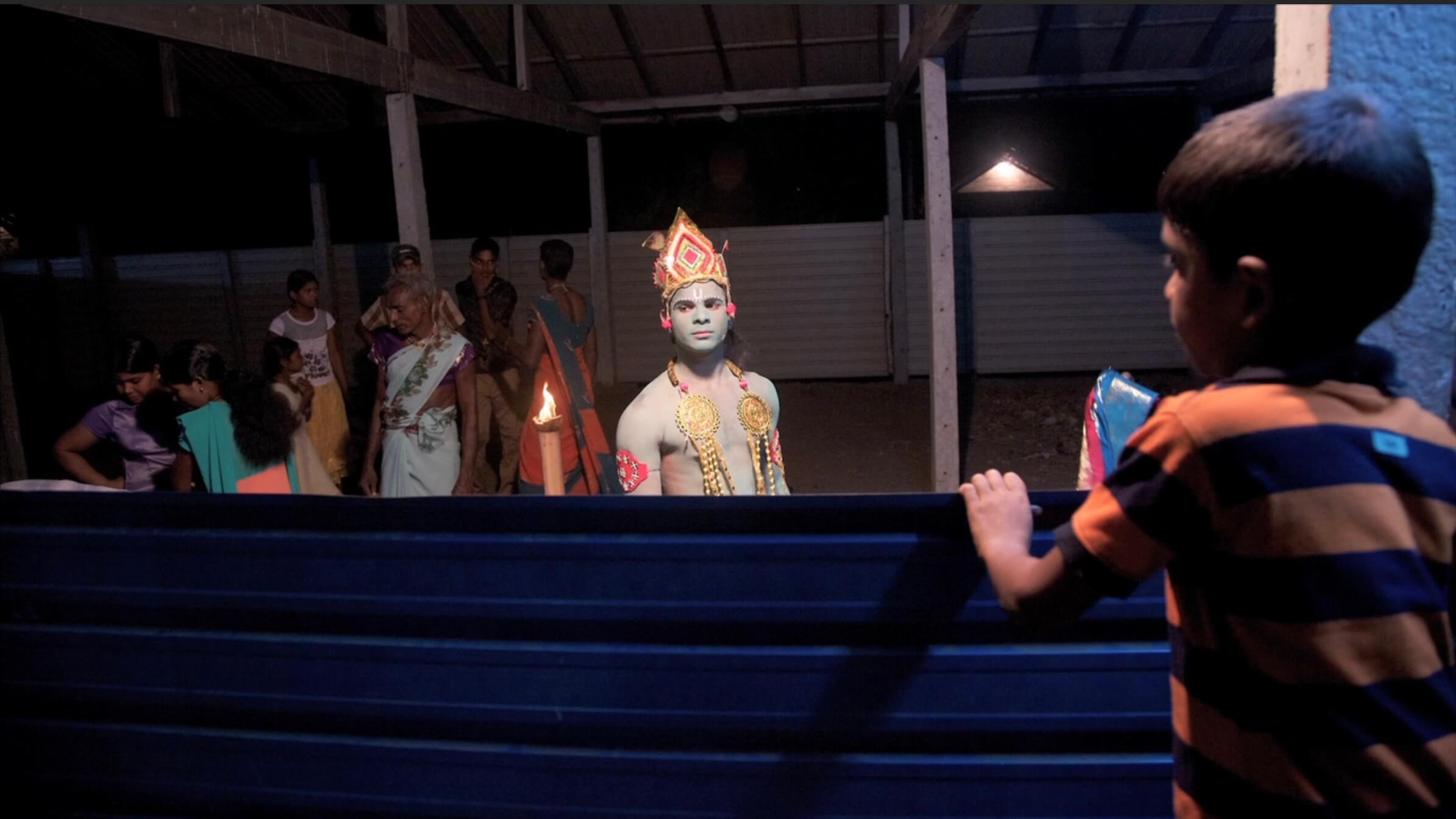
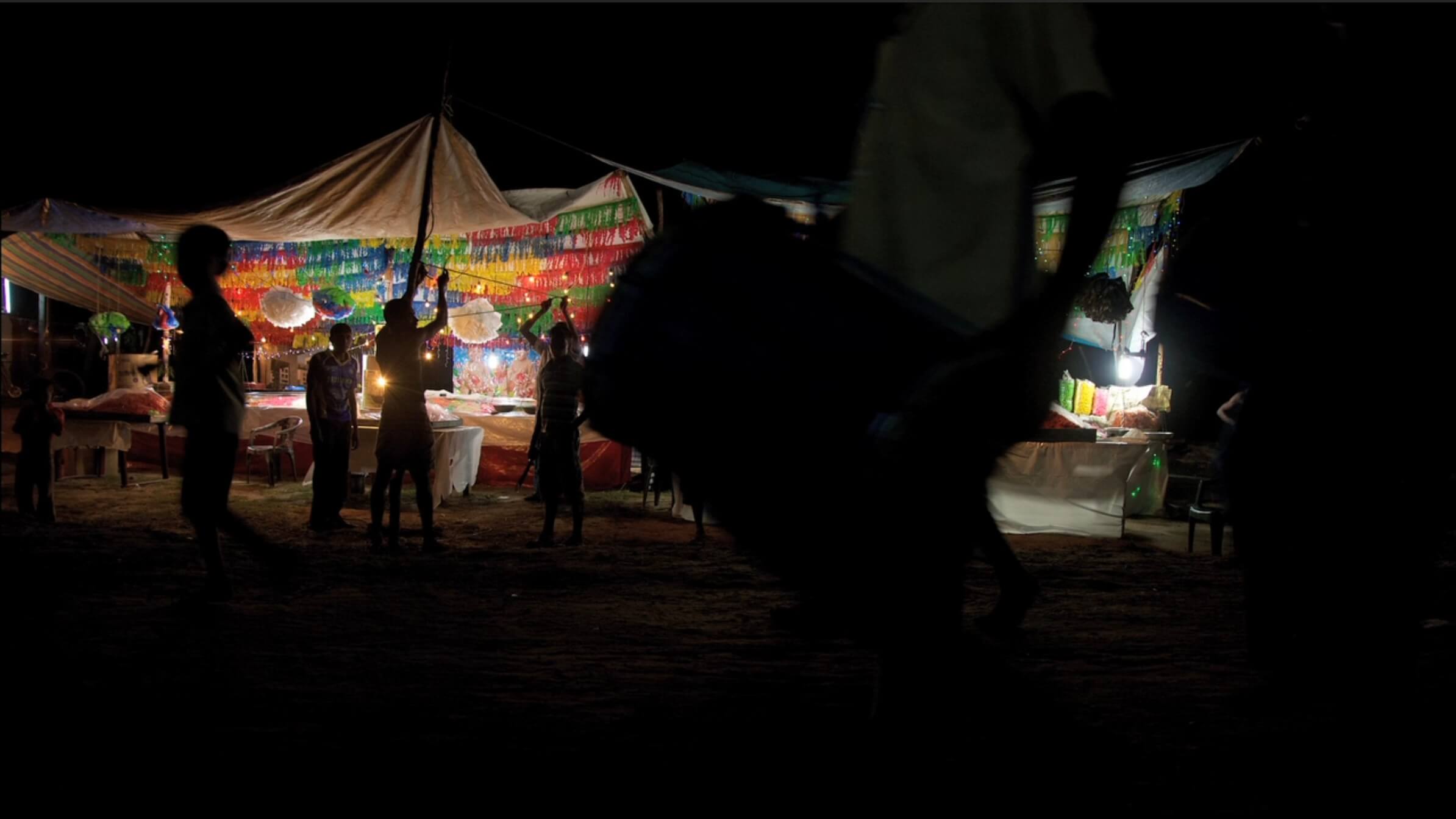
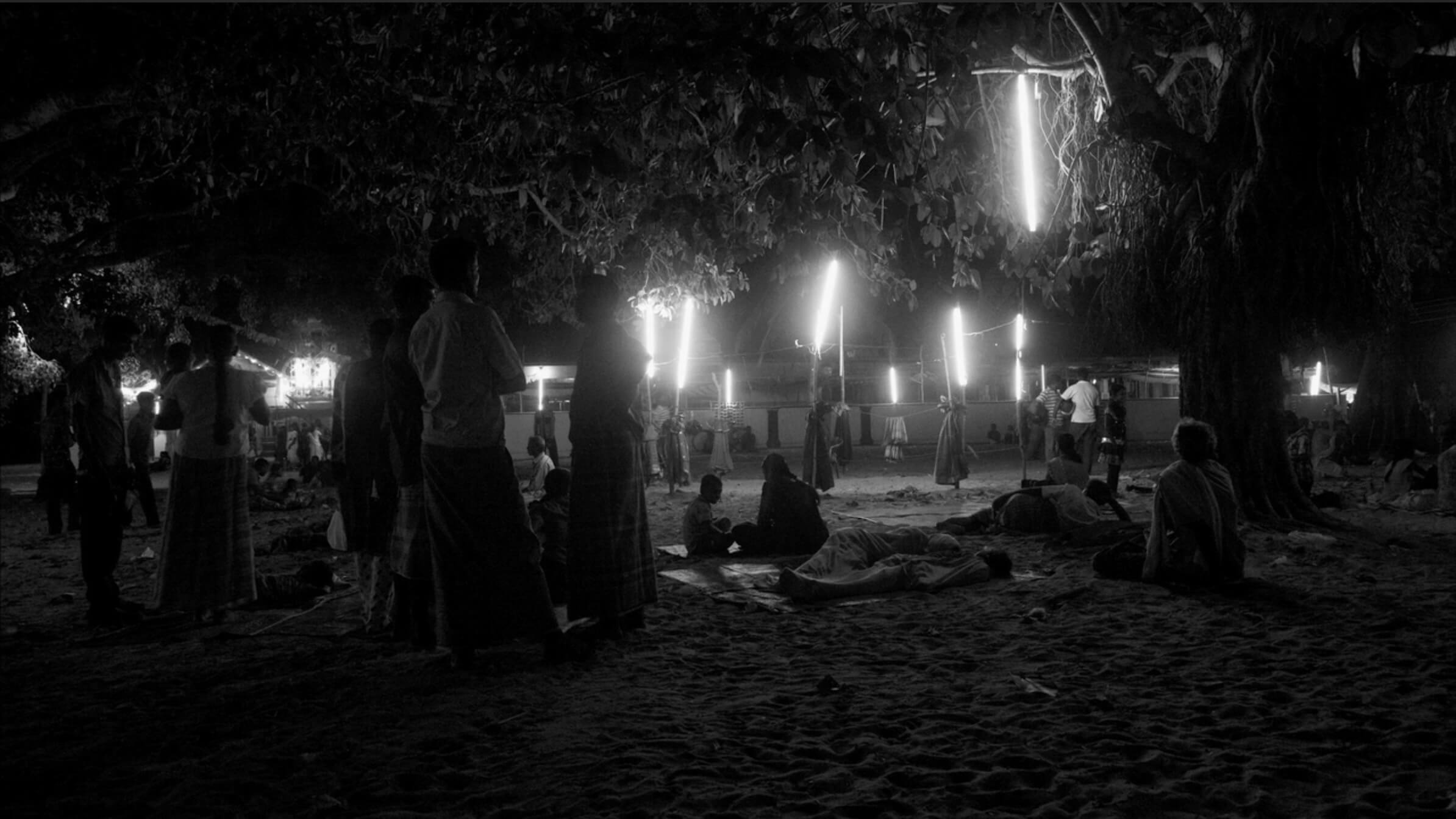
Comments
Leave a comment